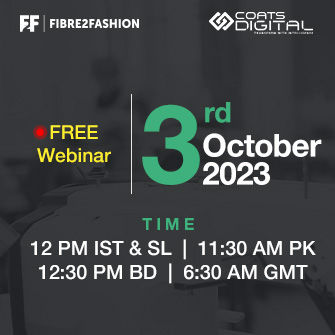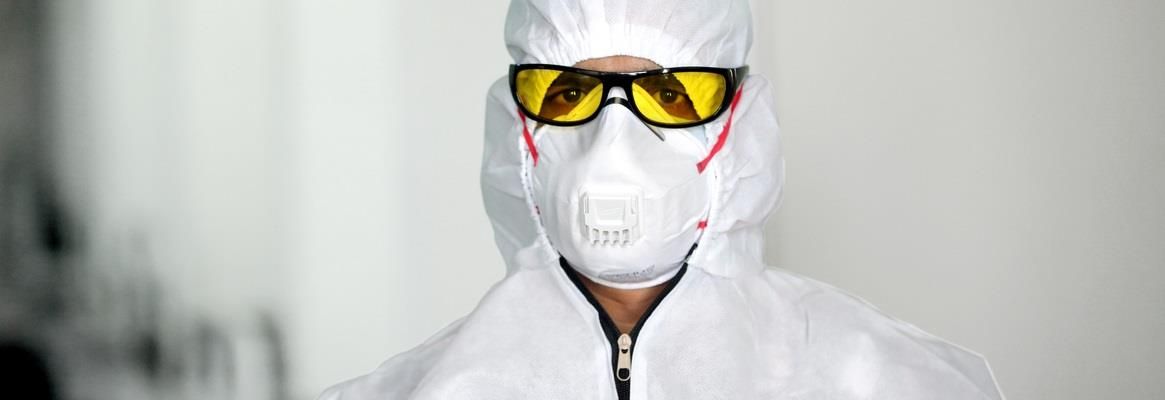The COVID-19 pandemic has given rise to the need of manufacturing PPE kits in large quantities for frontline workers. As India leads the way by becoming one of the major producers of PPE, the role of counterfeit manufacturers, who are trying to capitalise on the situation, is also on the rise.
Since the time the novel coronavirus infection was declared a global pandemic, India stared with an acute shortage of personal protective equipment (PPE). Right at the outset, doctors, healthcare providers and manufacturers had flagged the issue of dwindling PPE supplies. With the ongoing pandemic, the demand for industrial PPE, emergency equipment and disaster management grew exponentially in India and the rest of the world. This is probably the first time that policymakers, governments, the healthcare fraternity as well as the public have realised the vulnerabilities of current and future outbreaks.
The shortage of essential medical gear in the market and the increasing demand by doctors for quality PPE is leaving the medical fraternity and frontline workers dangerously ill-equipped to look after not just COVID-19 patients but also safeguard themselves and their families from the pandemic. It comes as no surprise that unscrupulous counterfeiters are exploiting the situation and turning it to their advantage as they have started devising false supply chains and using unauthorised raw materials to produce sub-standard PPE kits.
As per recent reports by Authentication Solution Providers Association (ASPA), counterfeiting incidents increased by 24 per cent in India in 2019 over the previous year, creating an over ₹1-lakh-crore dent in the economy. With COVID-19 affecting the world at an alarming pace, the menace of counterfeiting, especially of PPE like N95 masks, is not only becoming a threat to legitimate brands but also jeopardising the health and safety of the people at large.
Counterfeiting and piracy are plaguing the global economy at an enormous scale, impacting virtually every industry sector, and healthcare is no exception. Even in India, we are suffering significant economic losses as a result of widespread counterfeiting and piracy. The alarming increase in the sales of fake medical equipment and supplies, which has increased to around 80 per cent, indicates that criminals will stop at nothing to make a profit and that is quite unfortunate.
India needs to have a legislative authority to regulate certification and accreditation bodies. It is also pertinent to create a registry of certificates and authentic certification bodies from credible sources. The need of the hour is for the government and corporates to join hands and stop the flow of counterfeits. To achieve this, it is imperative that more licenses need to be issued to local manufacturers, focus on quality standards specified as per PPE guidelines should be maintained and PPE production should be streamlined for supply chain and distribution channels.
To spread awareness about counterfeiting, assistance from brand owners and certification agencies plays a major role in identification of counterfeit goods; organising online training programmes for customs officers and educating them on inspection is also an essential part of the process.
As a practice, customs officers should disseminate information regarding any counterfeit medical gear and help the general public to be on the lookout. Coordination with enforcement agencies of other countries can also help in creating a database that can identify local counterfeiters.
Overall, technology can play a huge part in controlling counterfeit products, with manufacturers placing QR codes on their products to identify genuine products.


 News
News Articles
Articles Interviews
Interviews Events
Events Advertise with us
Advertise with us About Us
About Us Contact Us
Contact Us Privacy Policy
Privacy Policy Terms & Conditions
Terms & Conditions Cookie Policy
Cookie Policy









